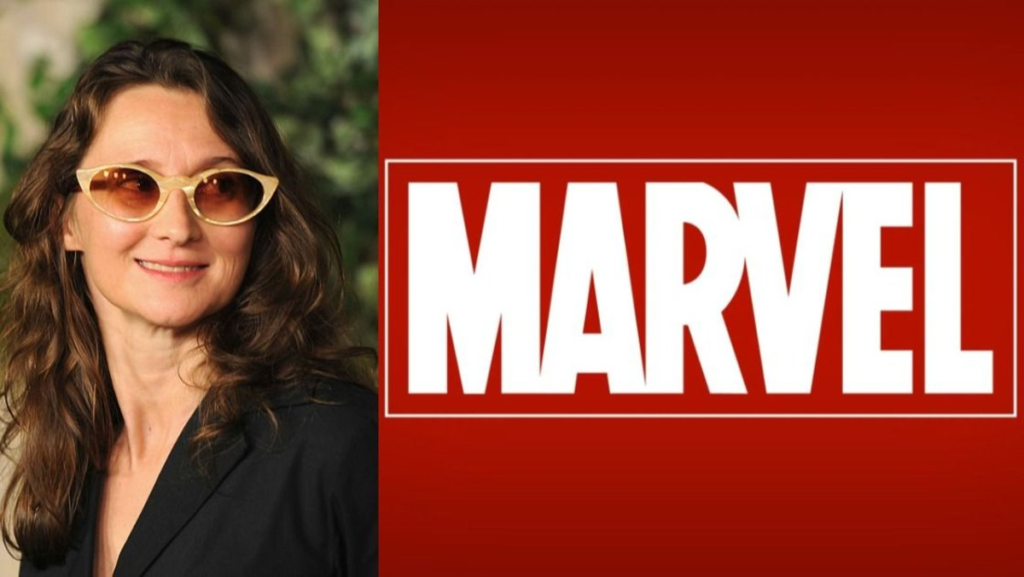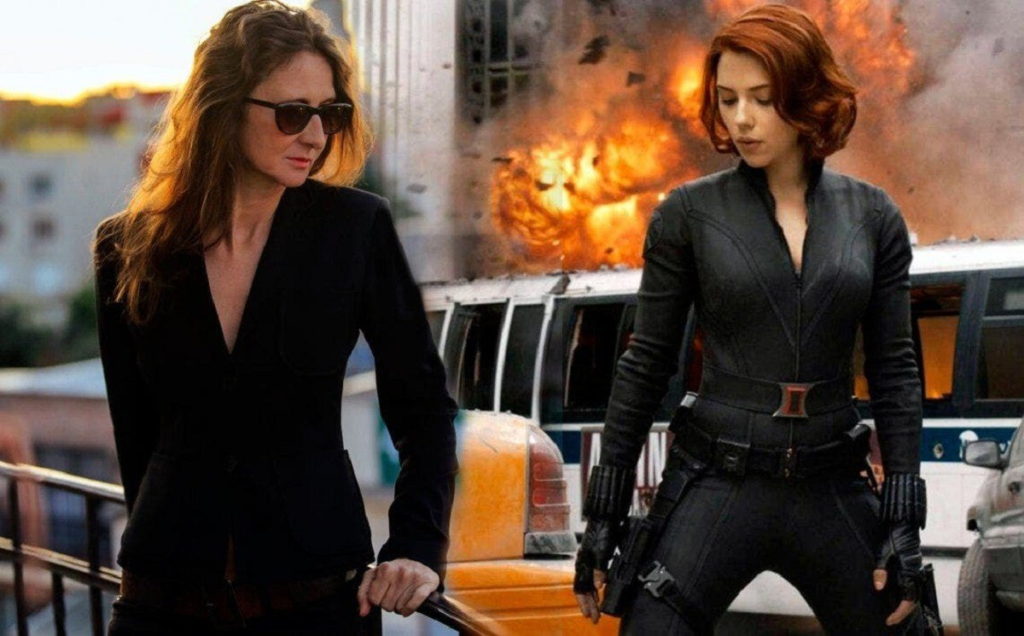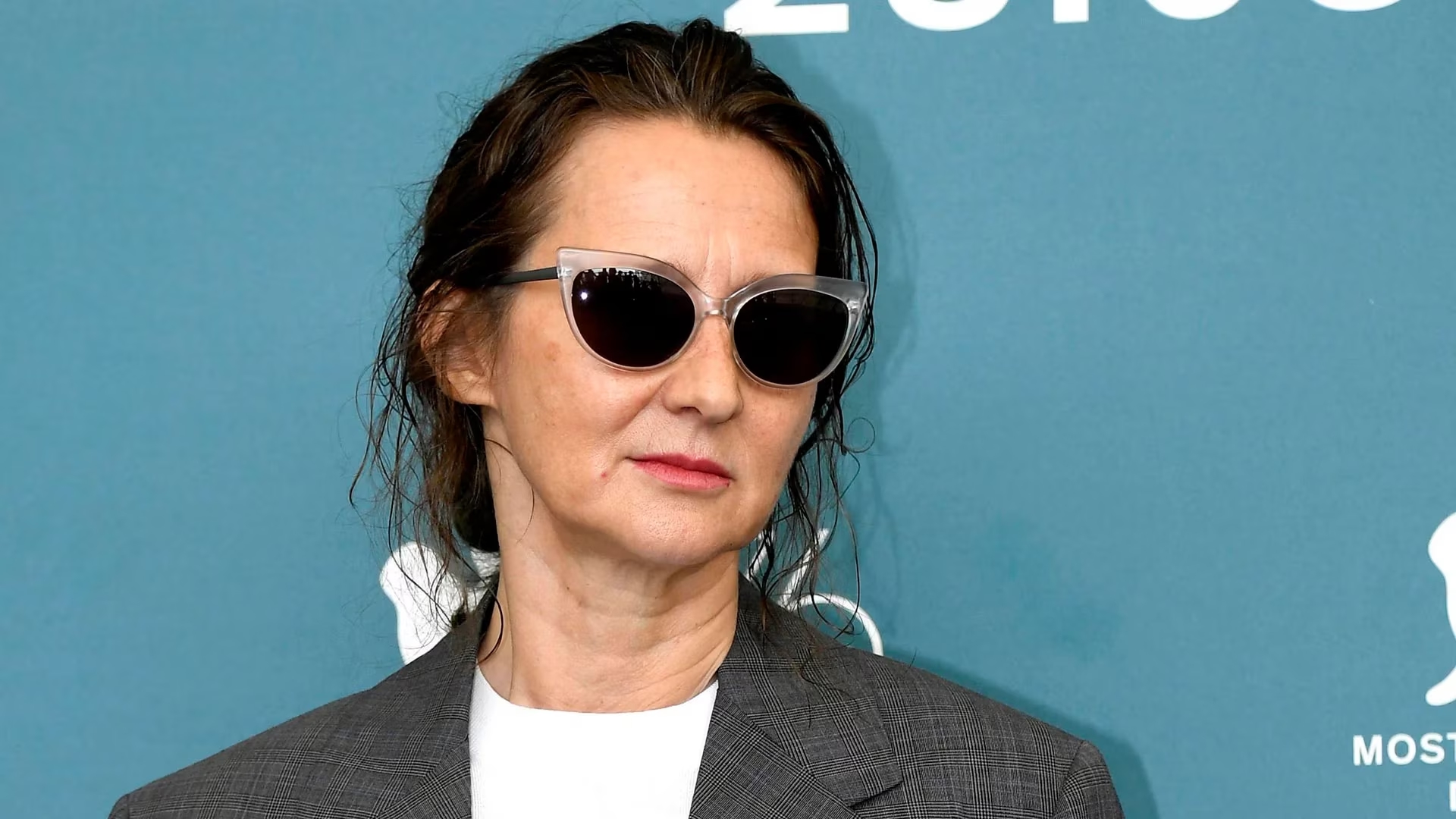Argentinian filmmaker Lucrecia Martel, renowned for her work on films such as “Zama,” was approached by Marvel Studios to direct “Black Widow”, a highly anticipated comic book film starring Scarlett Johansson. However, Martel declined the offer after a meeting with Marvel, where she was advised to prioritize character development over action sequences.
In a recent interview with The Film Stage, Martel shared her critique of the sound design and music in Marvel movies. This article explores Martel’s perspective, focusing on her observations regarding the sound and music choices made in these films.
Martel’s Critique of Marvel Movies’ Sound Design

Martel expressed disappointment with the sound design in Marvel films, finding the selection of sounds used alongside visual effects unappealing. She believed that the way sound effects were integrated with on-screen action lacked aesthetic appeal, resulting in an unsatisfactory audio experience. Additionally, she criticized the use of music, describing it as below par. Martel’s comments suggest that she found the sound and music in Marvel movies lacking artistic merit and detracting from the overall viewing experience.
Martel’s Experience with Marvel

Initially intrigued by the opportunity to collaborate with Marvel, Martel’s enthusiasm diminished during her meeting with the studio representatives. They emphasized the importance of developing Scarlett Johansson’s character rather than focusing on action sequences, a creative approach that did not align with Martel’s aspirations.
She desired involvement in both character-driven moments and exhilarating action sequences. Consequently, Martel decided not to pursue the directorial role for “Black Widow” any further.
The Availability of Marvel Films and Martel’s Perspective
Although Martel did not watch “Black Widow” due to her reservations, she mentioned having seen other Marvel films during flights. However, her critical stance remained unchanged as she found the sound design in those films lacking. Martel’s perspective on the audio aspects of Marvel movies implies her preference for a more refined and artistically cohesive approach to sound and music in filmmaking.

In conclusion, Lucrecia Martel, the esteemed filmmaker who declined the opportunity to direct “Black Widow,” openly expressed her dissatisfaction with the sound design and music choices in Marvel movies. Martel found the selection of sounds used alongside visual effects unappealing and described the music as below par.
Her comments shed light on the significance of sound and music in creating a comprehensive cinematic experience. While her opinions may differ from mainstream perceptions, they offer valuable insights into the diversity of artistic perspectives within the filmmaking industry.
